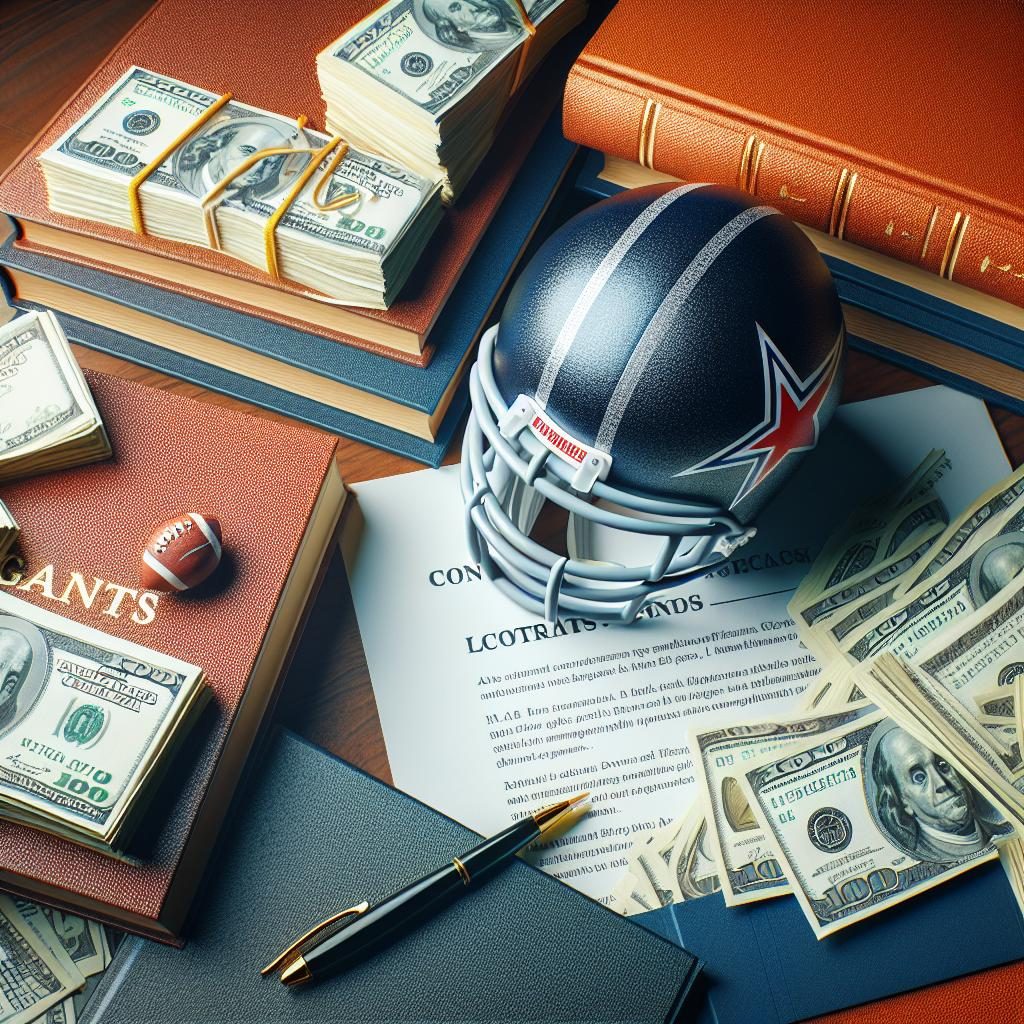Ann Arbor, Michigan – In a notable development in the world of college sports, four former players from the University of Michigan, including well-known quarterback Denard Robinson and wide receiver Braylon Edwards, have initiated a class action lawsuit against both the NCAA and the Big Ten Network. The players are seeking over $50 million, alleging that they were “wrongfully and unlawfully denied” the chance to profit from their name, image, and likeness (NIL).
According to the lawsuit, the NCAA and Big Ten Network have “systematically exploited” memorable moments created by these players during their time at Michigan. This legal action targets those who played for the Wolverines before 2016, as it was only in 2021 that college athletes were allowed to benefit financially from their NIL rights.
The NCAA has not provided any comments regarding the lawsuit. In a similar context, in May, the NCAA and its power conferences reached a settlement in three significant antitrust lawsuits. They agreed to pay about $2.7 billion in damages to Division I athletes. The settlement covers any Division I athlete active from 2016 to the present. The 2016 date is crucial due to the statute of limitations on an earlier action, House v. NCAA, filed in 2020.
Jim Acho, the attorney representing the plaintiffs, expressed strong sentiments regarding the situation, stating, “The NCAA knew for decades that preventing players from monetizing the one thing of value they have — their name — was wrong and unlawful.” He emphasized how many former players should have been able to earn from their talents, saying, “The money made off those players’ backs was in the hundreds of millions.”
Alongside Robinson and Edwards, former Michigan defensive end Mike Martin and linebacker Shawn Crable are part of this legal challenge against the NCAA and Big Ten Network. Robinson, who played from 2009 to 2012, was a standout player, earning accolades such as the Big Ten Offensive Player of the Year in 2010. Edwards was recognized with the Biletnikoff Award in 2004, highlighting his status as one of the top wide receivers in the nation.
This case reflects the ongoing tensions surrounding college sports and athletes’ rights, as players seek recognition and compensation for their contributions to the game.








